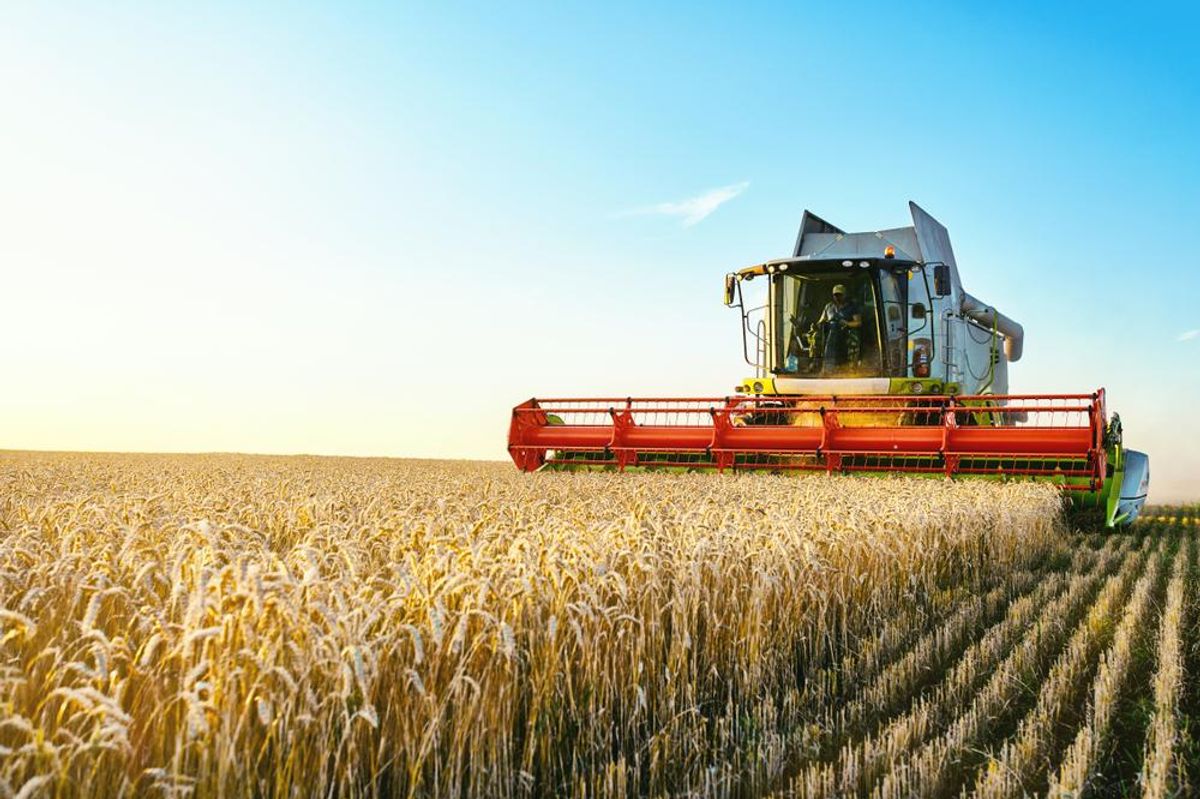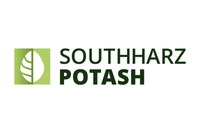How to Invest in Agriculture in Australia
Australia's agricultural exports reached a new record in the 2022/2023 period. How can investors get exposure to the market?

Investing in the Australian agriculture sector could prove to be a lucrative decision for investors.
Agriculture is an important industry for Australia, where a wide range of valuable food commodities are produced, such as: beef, lamb, milk, fruits, vegetables and wheat. Even the nation’s wine and wool industries are considered major exports. All of these products and more make the agricultural sector a key contributor to Australia’s gross domestic product (GDP).
Read on for a brief overview of the well-established Australian agricultural sector and the key players involved.
Why invest in Australia's agriculture sector?
Each year, Australia exports nearly three-quarters of its agricultural production to the global market, with its largest exports markets being China, Japan, United States and South Korea. For the 2022-2023 fiscal year, the value of the country's agricultural production reached a record AU$92 billion on a better-than-expected summer crop and the Russia-Ukraine war sending import countries looking for alternative wheat markets.
The Australian government is actively engaged in supporting its domestic agricultural industry by investing more than AU$6 billion annually as part of its Ag2030 plan, which is targeting AU$100 billion in production by 2030.
Beef and veal are Australia’s leading agricultural export products, valued at AU$11.9 billion in the 2022-2023 fiscal year, and is forecast to increase to AU$12.1 billion for the 2023-2024 fiscal year. Wheat is another high value export, reaching a record value of AU$16.7 billion for 2022-2023. While wheat exports are projected to drop to AU$9.5 billion in 2023-2024, Australia's Department of Agriculture, Fisheries and Forestry points out this is still 36 percent above the 10 year average.
As a large contributor to Australia’s GDP, agriculture is often seen as a reasonably safe investment that can offer stable returns in the long term. Nonetheless, there are of course risks. One such risk is the unpredictable impact of weather and natural disasters on crop yields, which can harm returns.
How to invest in agriculture in Australia?
Owning a farm, cattle and wheat in Australia may be profitable at the moment, but these aren't accessible options for most investors. In general, buying shares of agriculture companies is the best way to get exposure to the booming sector.
This can include companies directly involved in producing goods such as grains, livestock, potash and phosphate, or companies that provide other products to the industry, such as fertilisers and land. Big players are often a good starting point as they tend to be well-established and more stable — read on for a look at some of the largest ASX-listed agriculture stocks as of October 24, 2023.
1. Incitec Pivot
Market cap: AU$5.69 billion
One of the two biggest fertiliser stocks listed on the ASX, Incitec Pivot (ASX:IPL) has been taking advantage of strong market conditions and increased demand for fertiliser.
In its latest half-year report, the company reported its earnings from its fertiliser business totaled AU$108 million, down 58 percent from its record earning reached in H1 2022 of AU$257 million. The company attributed the decline to much higher gas prices, the impact of East Coast flooding on short term demand, and lower commodity prices. Demand recovery is expected in the second half of 2023.
2. Nufarm
Market cap: AU$1.93 billion
Nufarm (ASX:NUF) is a Melbourne-based seed and crop technology company serving customers in over 100 countries.
Its products help protect crops against disease, weeds and pests. Nufarm saw a 7 percent growth in earnings in its H2 2023 period ended March 31 over the prior equivalent period. According to Managing Director and CEO Greg Hunt, the company sees a credible path to over AU$4 billion in revenue by 2026.
3. Graincorp
Market cap: AU$1.54 billion
Graincorp (ASX:GNC) is an agribusiness and process company with headquarters in Sydney. The company manages a variety of grains, specifically wheat, barley, canola and sorghum, with handling assets located in Eastern Australia. It serves customers in over 50 countries and is the biggest grain storage business on the east side of the country.
In H1 of its 2023 financial year, Graincorp reported earnings before interest, taxes, depreciation and amortization of AU$383 million. Full year 2023 guidance was upgraded to AU$500 to AU$560 million.
4. Costa Group
Market cap: AU$1.44 billion
Costa Group (ASX:CGC) has become a significant player in the produce sector since listing on the ASX in 2015. The company focuses on growing, packing and marketing fresh fruits and vegetables. Specifically, Costa produces avocados, bananas, berries, citrus fruits, grapes, mushrooms and tomatoes.
In its 2022 fiscal year, Costa reported more than AU$1.36 billion in earnings, an increase of 11.2 percent over 2021. The company acquired multiple citrus assets in 2021, and since then has increased its development efforts in China. "Costa citrus exports to China more than doubled to circa 10% of volume as a result of our acquisition of 2PH," the report stated.
Thanks to its broad focus on farming, packing and marketing, Costa aims to be diverse enough in its activities to mitigate risks from market volatility and agricultural events.
5. Elders
Market cap: AU$965.46 million
Elders (ASX:ELD) works to increase the productivity of Australian farmers by supplying them with financial and real estate services, along with products such as wool, grain, livestock, seeds, fertilisers, agricultural chemicals and health products for animals.
In its H1 2023 ended March 31, Elders reported revenue of AU$1.66 billion, up 9 percent from a year ago. Thanks to a positive outlook for winter crops, Elders expects strong demand in the second half of the year for agricultural chemicals, fertilisers and seeds. FY 2023 revenues will also benefit from an expected stabilisation in sheep prices and improved cattle volumes.
This is an updated version of an article first published by the Investing News Network in 2022.
Don’t forget to follow us @INN_Australia for real-time updates!
Securities Disclosure: I, Melissa Pistilli, currently hold no direct investment interest in any company mentioned in this article.
- Potash and Phosphate Investing in Australia - Investing News ... ›
- Top 5 ASX Agriculture Stocks of 2022 - Investing News Australia ›
- Australia Mining Outlook 2022: Energy Shift to Bring Opportunities ... ›


